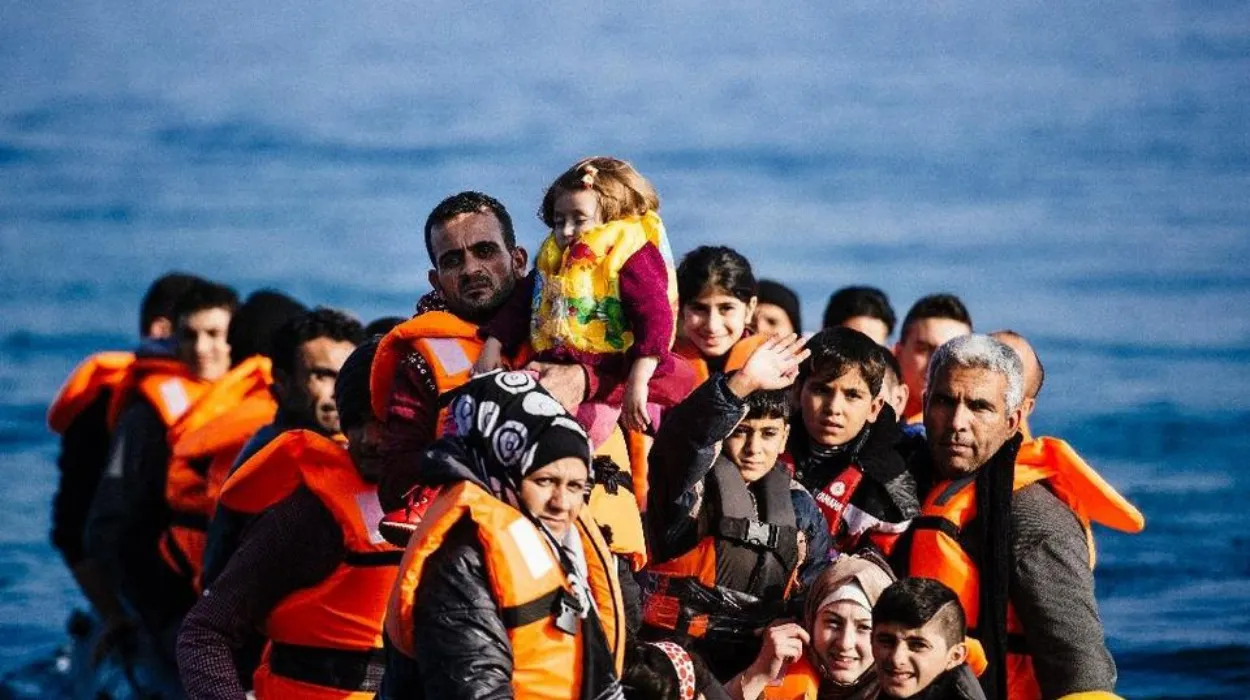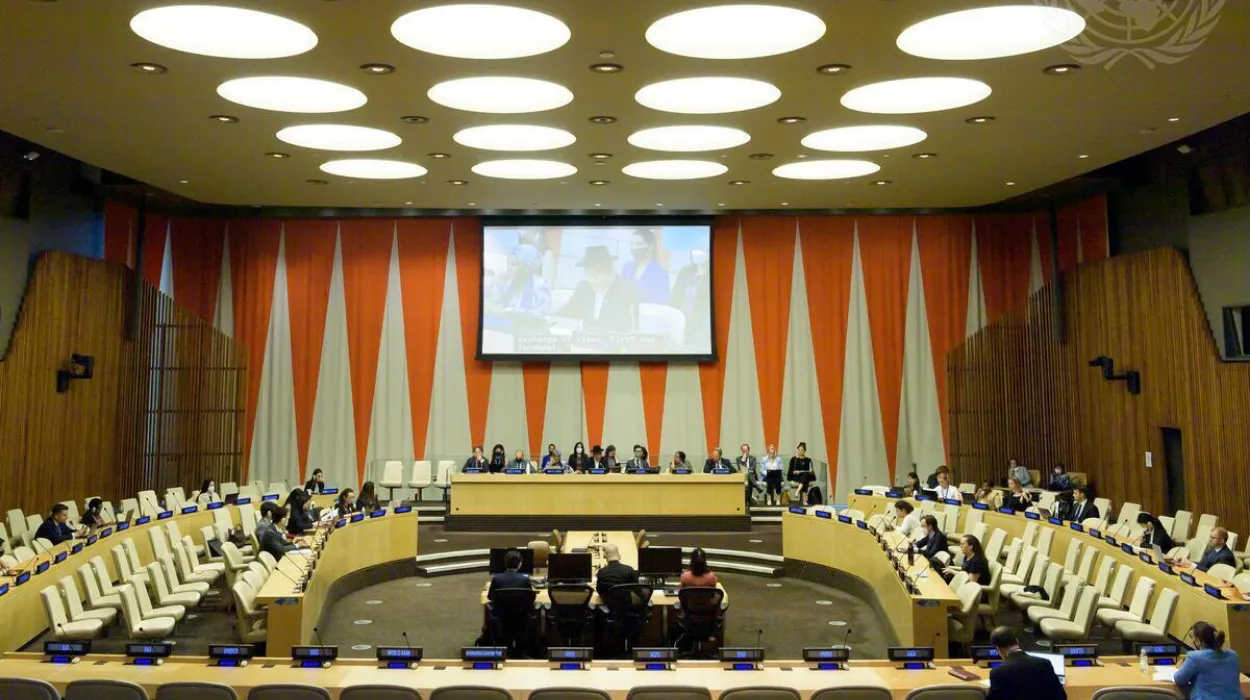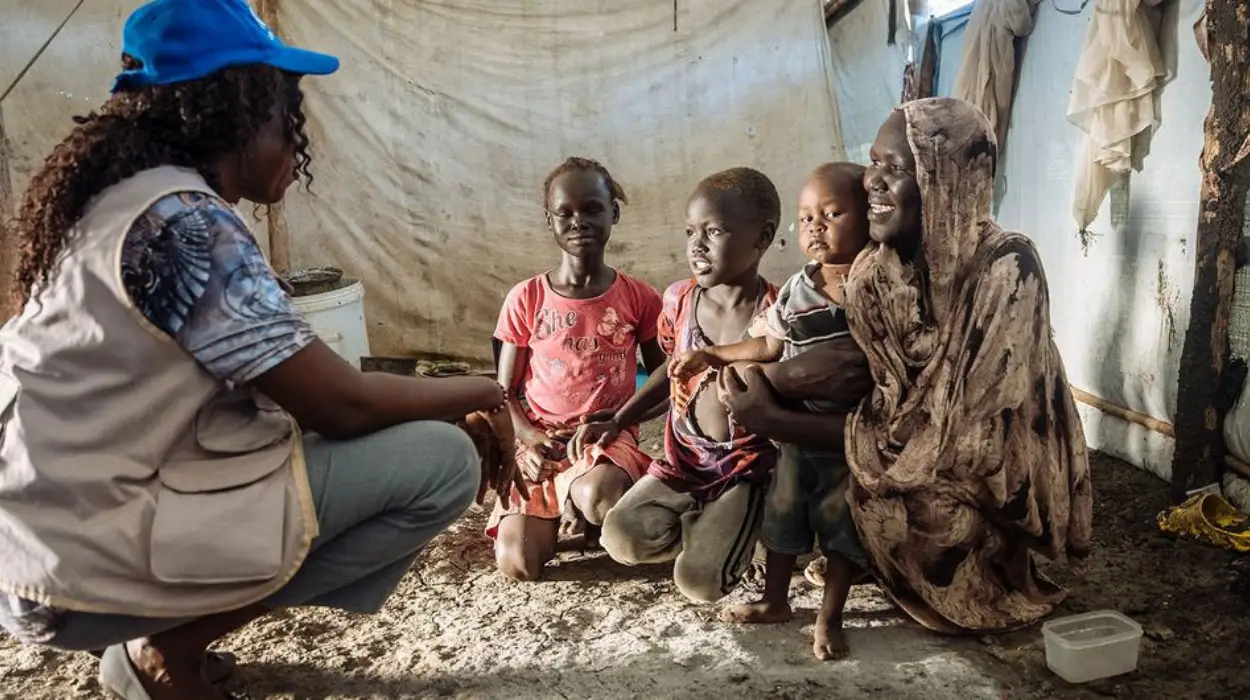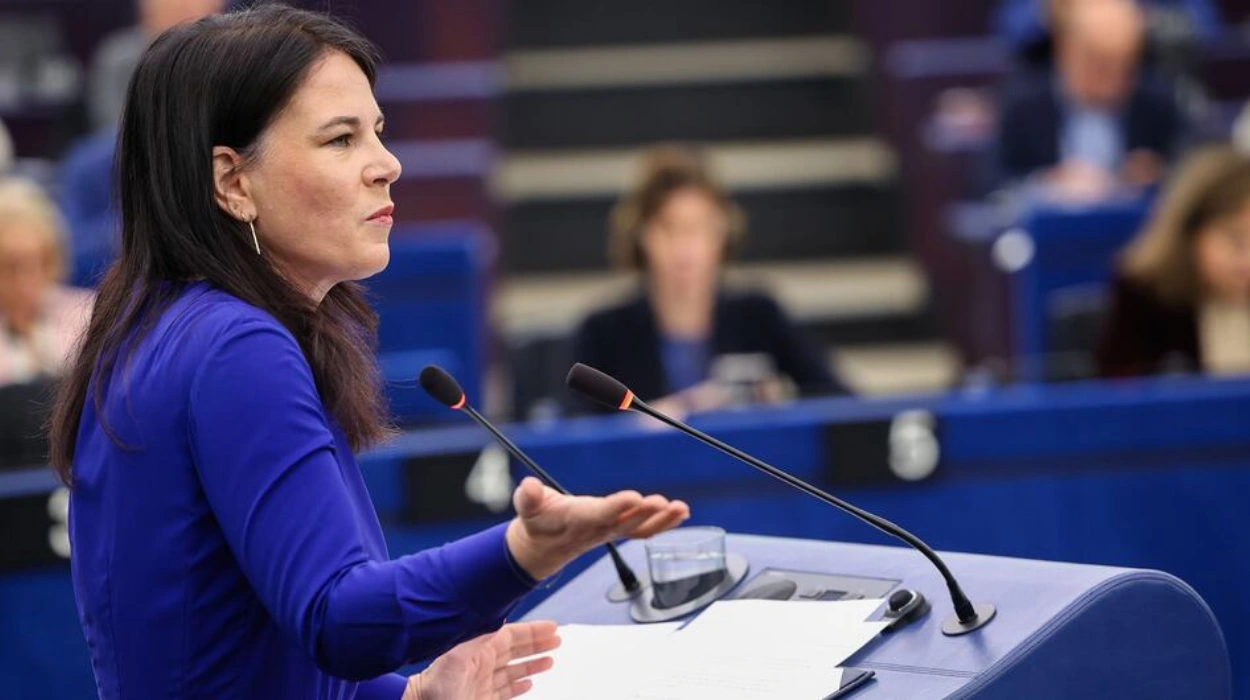Pro-Israel legislators who have benefited financially from the pro-Israel lobby have introduced and co-sponsored new legislation that threatens to target American non-profits who use their right to free expression to help Palestinians. Bipartisan efforts have been made to create new legislation that would try to revoke the status of non-profit organizations that support Palestine, even though it is already illegal in the United States to give any type of support to a recognized terrorist group. The first, H.R. 6408, mandates that the Department of the Treasury notify the non-profit of the designations and “suspends the tax-exempt status of terrorist-supporting organizations.” The second, known as the “Nonprofit Killer Bill,” is a two-part law that includes the same thing and has been extensively denounced by charities, civil rights organizations, universities, and others. However, S.4136, the third, amends H.R. 6408.
Rising scrutiny on NGOs
Both Republican and Democratic Party politicians, who have benefited greatly from campaign contributions from the American Israel Public Affairs Committees (AIPAC), have pushed the first two bills that have passed the House of Representatives. Proponents have also made it plain why these bills are being offered since they claim that doing so will stop money from getting to Hamas. HR.6408 was written especially in reaction to the October 7 attack on Israel, which Hamas spearheaded. In actuality, both proposals would effectively give the Treasury Secretary previously unheard-of authority to make designations that would deprive nonprofit organizations of their tax-exempt status. Theoretically, this is all well and good, but the political weaponization of these powers and the proposed legislation use them to suppress pro-Palestinian voices on college campuses actively, shut down news organizations and charities, and stifle free speech. For this reason, more than 300 nonprofit groups have joined forces under the leadership of “The American Civil Liberties Union” to sign a statement expressly opposing H.R. 9495.
Focus on pro-Palestine non-profits
Neoconservatives like Jonathan Schanzer, vice president of the Foundation for Defense of Democracies, have backed the bill and have previously called for the closure of organizations like Student for Justice in Palestine (SJP) because they allegedly follow instructions from a non-profit that, in his opinion, has “a striking resemblance to the Hamas charities that were dismantled here more than a decade ago.” In addition to being unfounded, these claims also show the types of actions that these neoconservatives want to see happen as a result of the measures being approved. Almost every club, individual, or organization that promotes a pro-Palestinian message is classified as a Hamas supporter, and incoming President Donald Trump had previously suggested deporting pro-Palestine students to college.
Legal implications and civil liberties concerns
The possibility for such legislation is well established, and while it is theoretically possible to refute such false assertions through appeals, political problems are not always handled equitably. For example, Israeli author/activist Miko Peled described the process of declaring The Holy Land Foundation, the largest Muslim charity in the United States, a terrorist organization in the wake of the September 11 attacks as utterly unjust and politicized, lacking any credible evidence, in his book about the subject. H.R.9495 would enable the Secretary of the Treasury to withdraw the tax-exempt status of non-profit organizations using secret material and without formally charging them, albeit the law would not result in such harsh measures. This contributes to the perception that these measures are unlawful and merely instruments used by the US government to suppress civil society groups who dare to question Israeli policy.
The broader trend of NGO crackdowns
A plan that would have given the Department of the Treasury extensive jurisdiction to withdraw the tax-exempt status of nonprofit organizations thought to be promoting “terrorism” was rejected by lawmakers in the US House of Representatives. HR 9495, the Stop Terror-Financing and Tax Penalties on American Hostages Act fell short of the two-thirds majority of members required to pass the House on Tuesday. It was initially used in reaction to large-scale demonstrations on campuses against Israel’s assault on Gaza, during which pro-Israeli politicians and media sources labeled some Palestinian solidarity organizations as “pro-Hamas.” However, with President-elect Donald Trump’s victory in last week’s US election, the legislation’s potentially far-reaching ramifications gained fresh urgency. Civil rights activists have strongly denounced the planned law even before the election. The law “raises significant constitutional concerns” and gives the Secretary of Treasury “vast unilateral discretion, which creates a high risk of politicized and discriminatory enforcement,” according to a letter signed by over 100 groups in September.









